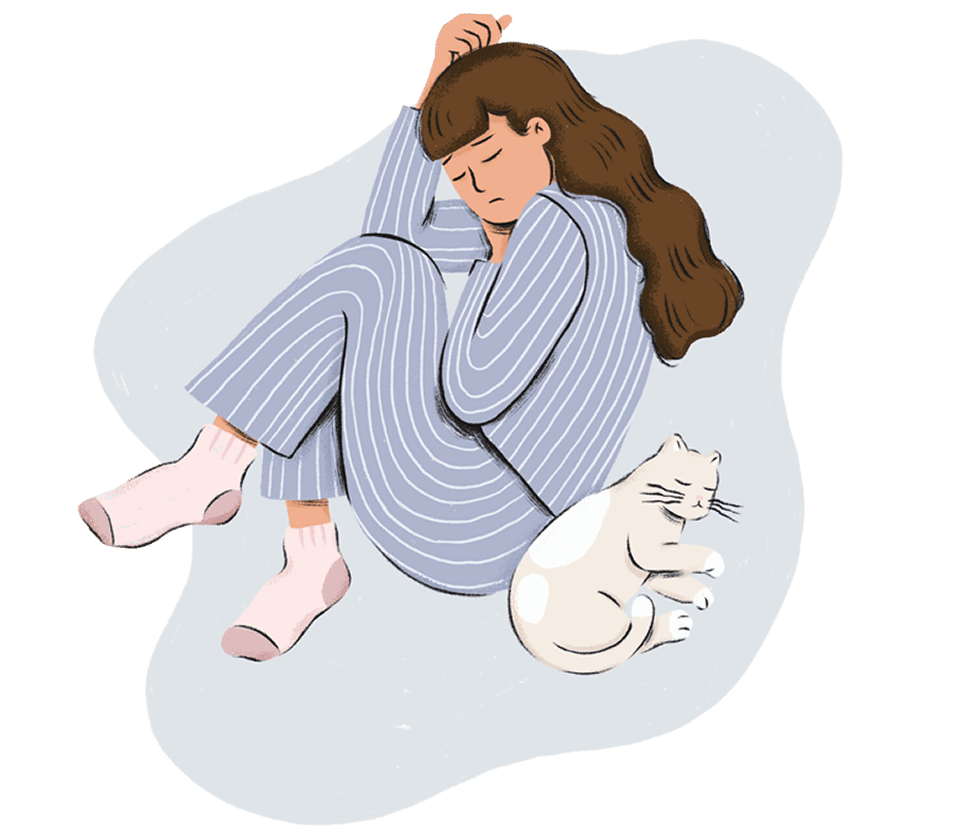Yoga and Yogic Exercises
Yoga involves a series of physical postures, breathing exercises, and meditation practices that promote overall well-being. Specific yoga poses, such as forward bends, twists, and restorative poses, help to relax the body and mind, preparing them for sleep. Regular yoga practice can reduce stress and anxiety, enhance physical relaxation, and improve sleep quality. The gentle stretching and mindful breathing in yoga stimulate the parasympathetic nervous system, which is essential for inducing sleep.






















